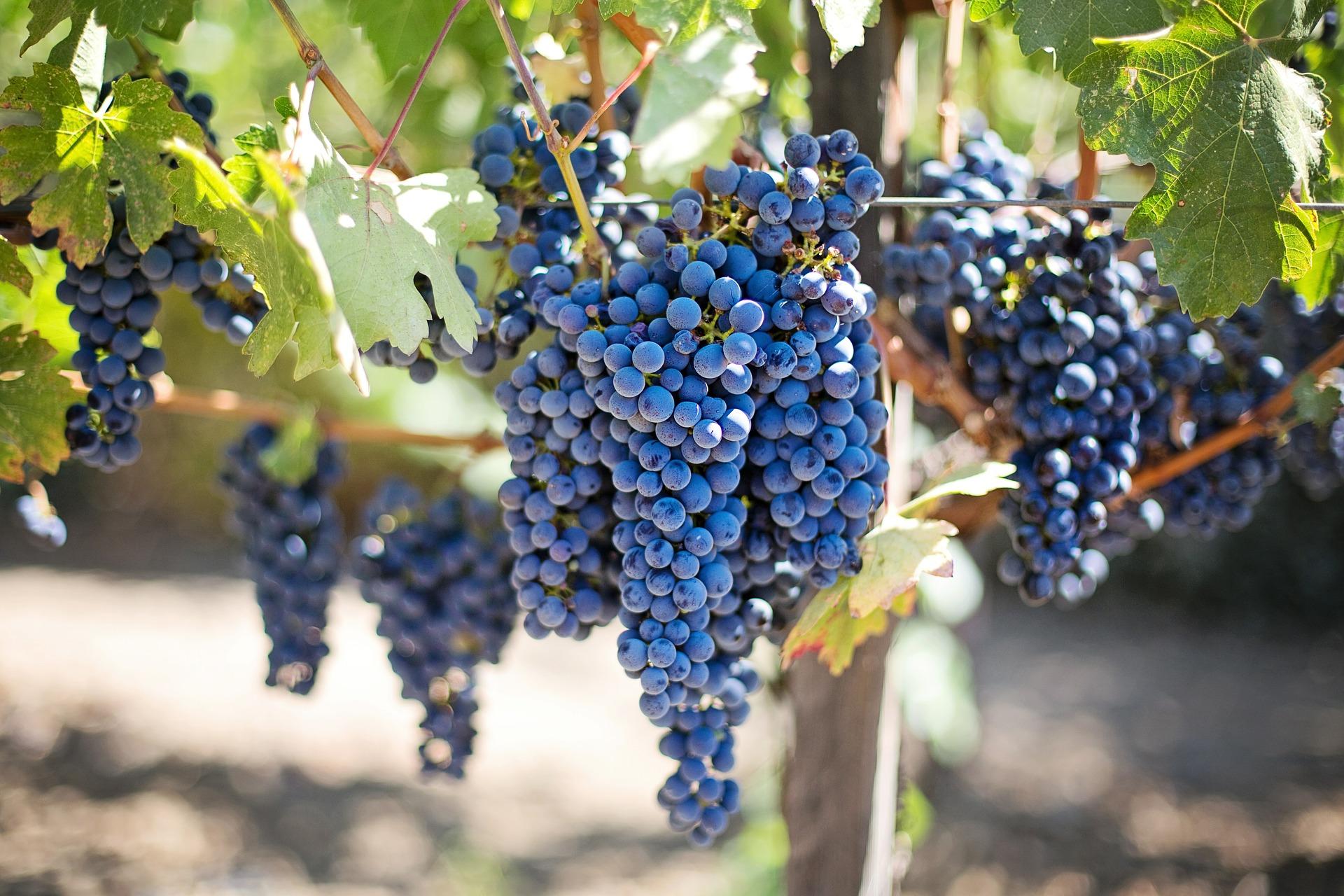
Researching new ways to manage smoke taint in grapes
A new project to help Australia's winemaking industry understand and respond to the impact of taint from bushfire smoke, which includes research from the University of Adelaide, has received $950,000 in Cooperative Research Centre Project (CRC-P) funding from the Federal Government.
Outcomes from the research will provide economic and social benefits to the wine industry, and is part of a broader $2,387,017 million project.
NSW-based Cassegrain Wines is leading the project, with research to be concurrently undertaken at the University of Adelaide's School of Agriculture, Food and Wine by Professor Kerry Wilkinson, a world leader in smoke taint research.
Professor Wilkinson says the new industry-research project will develop new methodologies and strategies for the Australian wine industry to manage taint from grapes exposed to bushfire smoke.
"Vineyard exposure to smoke can cause significant financial losses as a result of smoke taint, where smoke causes grapes and therefore wine to take on unpleasant smoky and ashy characteristics," Professor Wilkinson said.
"Together, we will evaluate promising strategies for mitigating smoke taint, including novel winemaking additives and treatment processes that remove smoke compounds from wine, thereby reducing the sensory perception of smoke taint."Professor Kerry Wilkinson, School of Agriculture, Food and Wine, The University of Adelaide
"Prolonged smoke exposure by grapes can result in the decision to cancel harvest, and then there's no wine production for that year.
"Bushfires and smoke taint remain an ongoing threat to the economic viability of grape and wine producers around the world, as we saw in the recent 2019-2020 bushfires.
"Together, we will evaluate promising strategies for mitigating smoke taint, including novel winemaking additives and treatment processes that remove smoke compounds from wine, thereby reducing the sensory perception of smoke taint.
"We also expect the findings to be of international significance."
The project is supported by a number of industry and research partners including international technology company Ligar, which is at the forefront of molecular imprinted polymer technology - a very promising smoke taint treatment process.
Other project partners include The Australian Wine Research Institute, VA Filtration, and De Beaurepaire Wines.






